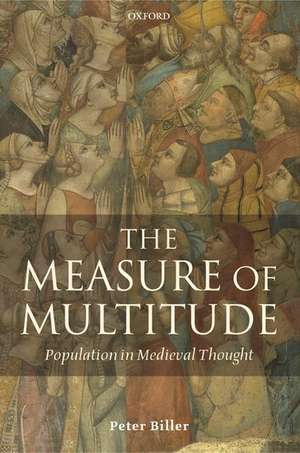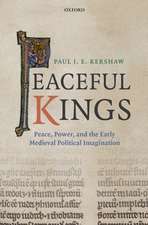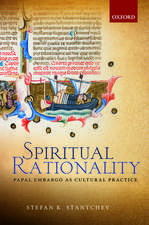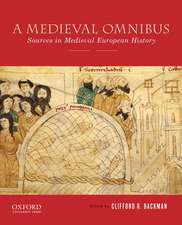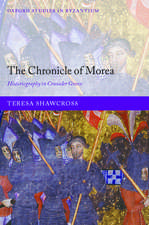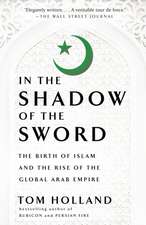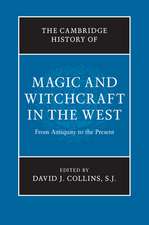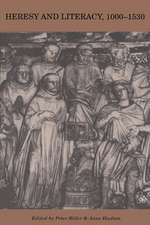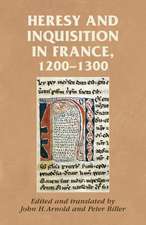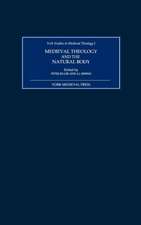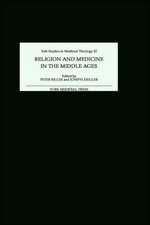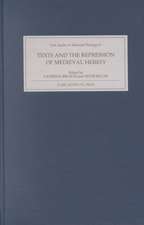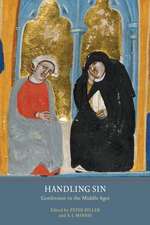The Measure of Multitude: Population in Medieval Thought
Autor Peter Billeren Limba Engleză Paperback – 16 oct 2003
| Toate formatele și edițiile | Preț | Express |
|---|---|---|
| Paperback (1) | 193.00 lei 31-37 zile | |
| OUP OXFORD – 16 oct 2003 | 193.00 lei 31-37 zile | |
| Hardback (1) | 359.98 lei 31-37 zile | |
| OUP OXFORD – 14 dec 2000 | 359.98 lei 31-37 zile |
Preț: 193.00 lei
Preț vechi: 245.20 lei
-21% Nou
Puncte Express: 290
Preț estimativ în valută:
36.93€ • 38.33$ • 30.87£
36.93€ • 38.33$ • 30.87£
Carte tipărită la comandă
Livrare economică 06-12 martie
Preluare comenzi: 021 569.72.76
Specificații
ISBN-13: 9780199265596
ISBN-10: 0199265593
Pagini: 496
Dimensiuni: 157 x 233 x 27 mm
Greutate: 0.75 kg
Editura: OUP OXFORD
Colecția OUP Oxford
Locul publicării:Oxford, United Kingdom
ISBN-10: 0199265593
Pagini: 496
Dimensiuni: 157 x 233 x 27 mm
Greutate: 0.75 kg
Editura: OUP OXFORD
Colecția OUP Oxford
Locul publicării:Oxford, United Kingdom
Recenzii
Review from previous edition Peter Biller ends his book with a question: is medieval demographic thought recognisably there? He has left his readers with only one possible answer - and in doing so changed the way we must think not just about the medieval past but about what has come after in terms of understanding the world.
a trail-blazing book, packed with intellectual fireworks. It fuses diverse sources and scraps of information to detonate an explosion of insights.
There are many strengths to this book, not least the imaginative lateral thinking required to conceive the topic in the first place ... an outstanding and original study, which approaches the high middle ages (in its reality as well as its thought worlds) from an unexpected but remarkably productive direction. Its heterogeneous interests should inspire a wide readership.
an impressive piece of scholarship.
a trail-blazing book, packed with intellectual fireworks. It fuses diverse sources and scraps of information to detonate an explosion of insights.
There are many strengths to this book, not least the imaginative lateral thinking required to conceive the topic in the first place ... an outstanding and original study, which approaches the high middle ages (in its reality as well as its thought worlds) from an unexpected but remarkably productive direction. Its heterogeneous interests should inspire a wide readership.
an impressive piece of scholarship.
